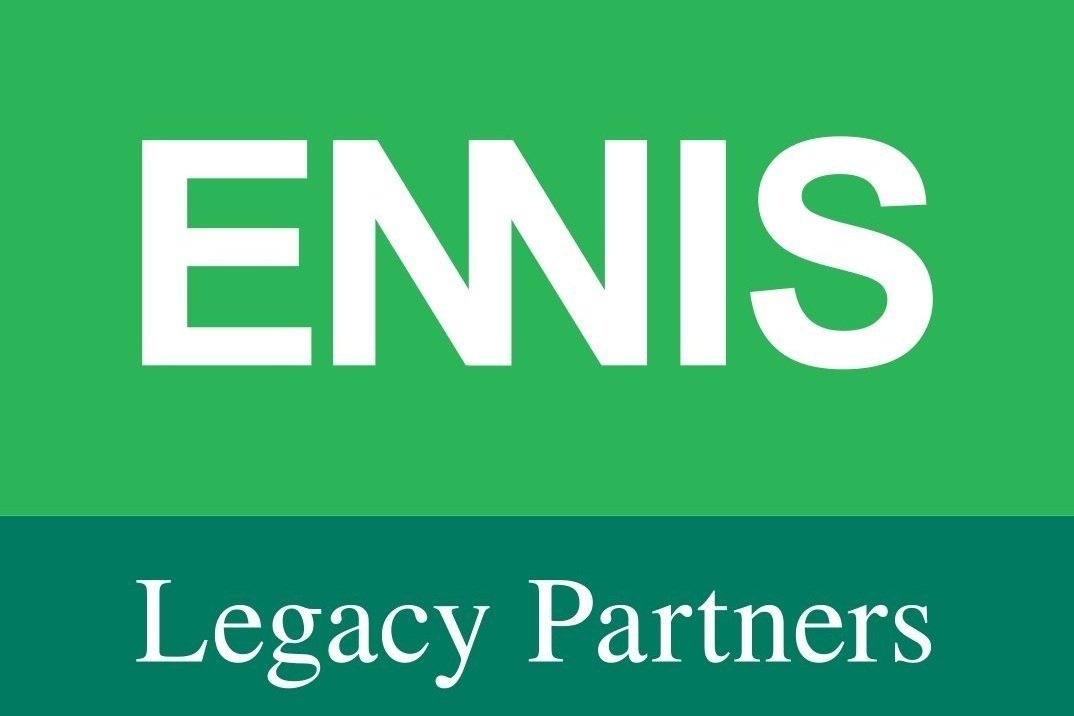The term “earnout” is often mentioned by an advisor or business owner when describing the terms of a business sale. If an owner has as part of their deal an earn-out, they have been asked by the buyer of their business to stay on for a specified period of time in a senior leadership role within your acquirer’s company. In this role, they will be charged with achieving a set of goals in the future (i.e., revenue or profitability goals) in return for additional compensation for their business. This approach is used when the successful operation of the business being bought is dependent on its owner, and/or the buyer needs to bridge the gap between what they are willing to pay for the business and the amount of money the owner wants for the business.
Earnout terms average somewhere between two and three years in length and are very common in service businesses. The assigned earn-out goals are often linked to revenue and profit, the retention of specific accounts or customers, or any other metric that the buyer considers important and the seller is willing to agree to.
Earnouts at times can work extremely well for both parties. At the same time, all too often it doesn’t work out with the selling owner leaving prior to receiving their earnout. A common reason for an owner leaving early would be the fact that they are now an employee of the company they have invested years in building, and that can be a very difficult adjustment.
We talk a lot about planning to exit “on your own terms and conditions”. Leaving on your own terms and conditions might look like not being forced into an earnout when you sell. If you begin planning your exit well in advance, you can think through what roles you would be willing to play when you leave (i.e, lender, employee, shareholder), and which roles you wouldn’t be willing to play. For example, if there is just no way in the world you’d ever want to be an employee of the business you’ve built from the ground up, at the time of sale you will need a business which does not depend on you — and building a business like that can require a lot of time.
Take our FREE ExitMap® Assessment and get a 12-page report scoring you in four key planning areas: Finance, Planning, Profit/Revenue, Operations. It will take about 15 minutes and we do not ask for confidential information.

